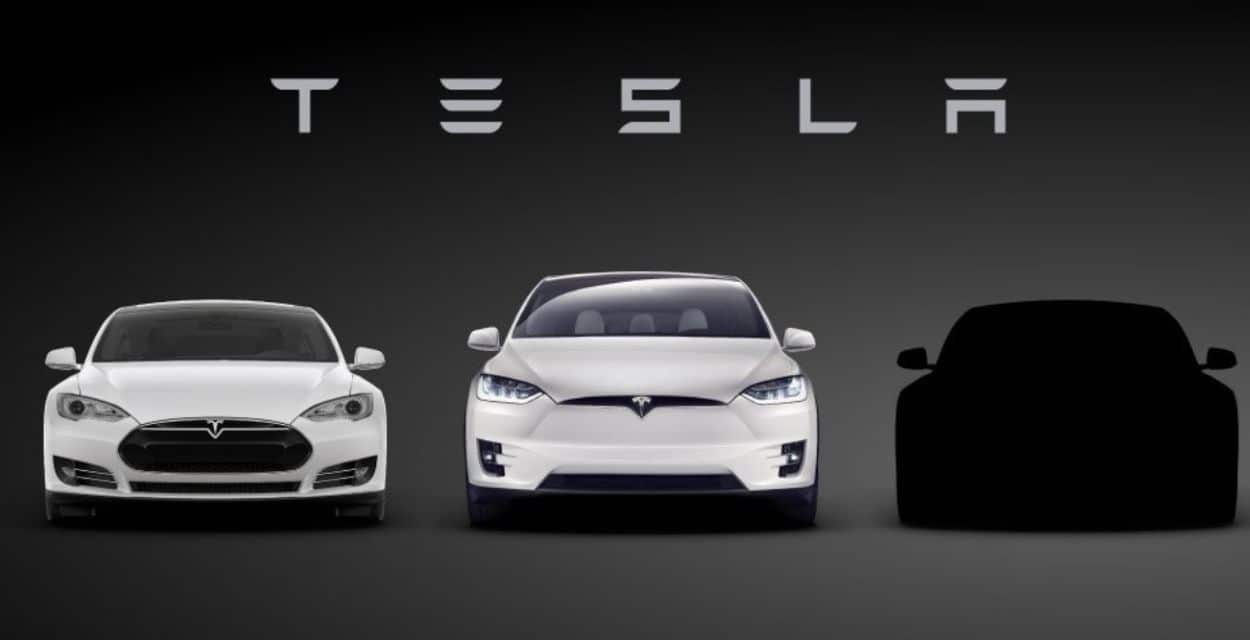On August 1, 2025, a Florida jury found Tesla Inc. liable for $243 million in damages for a fatal 2019 crash involving an Autopilot-equipped Model S, marking the first wrongful-death trial tied to the feature.
The Miami federal court awarded $129 million in compensatory damages to the estate of Naibel Benavides Leon and her former boyfriend, Dillon Angulo, plus $200 million in punitive damages. Tesla, held 33% responsible, will pay about $42.6 million, while driver George McGee, deemed 67% liable, is not a defendant.
A federal court jury finds Tesla’s Autopilot driver assistance feature was partly responsible in a 2019 Florida crash.
The victims were awarded millions. pic.twitter.com/SbfI6CdgNV
— Yahoo Finance (@YahooFinance) August 1, 2025The case stems from an April 25, 2019, incident where McGee, driving at 62 mph, ran a stop sign while distracted by a dropped cellphone. His Model S, using Autopilot, struck a parked Chevrolet Tahoe, killing Leon and severely injuring Angulo. No Autopilot warnings were issued. Plaintiffs’ counsel Brett Schreiber argued Tesla failed to restrict Autopilot to controlled-access highways, contributing to the tragedy. Tesla, planning to appeal, called the verdict “wrong” and defended Autopilot’s safety.
Tesla hit with $243 million verdict over deadly Autopilot crash.
Jury finds Tesla 33% liable for 2019 Florida crash that killed 22-year-old Naibel Benavides Leon.
Autopilot failed to prevent impact while driver searched for phone.
$200M in punitive damages + $42.6M… pic.twitter.com/2wRgxl8b4e
— Clash Report (@clashreport) August 2, 2025Tesla’s shares dropped 1.8% on August 1, with a 25% year-to-date decline. Legal experts predict the verdict, which fell short of the $345 million sought, will spur more lawsuits and raise settlement costs, potentially impacting Elon Musk’s robotaxi ambitions for 2026. Carnegie Mellon expert Philip Koopman noted the verdict suggests a defect in Autopilot’s software, challenging Tesla’s claim that no vehicle could have prevented the crash.






